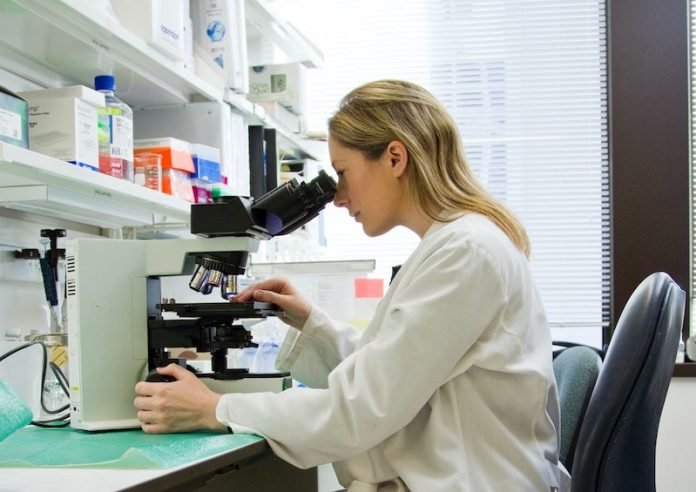
The COVID-19 pandemic has had detrimental effects on global infrastructure sectors, including economic, political, health care, education and research systems, and there is still no definitive treatment strategy for the disease.
In a new study, researchers did a comprehensive analysis of worldwide COVID-19 data to identify key strategies moving forward to develop effective therapeutics.
They suggest that COVID-19 should be treated as an acute inflammatory disease and that severity of infection is linked to the dysregulation of inflammatory immune responses and subsequent inability to develop protective immunity from the virus.
The research was done by a team at Virginia Commonwealth University (VCU) and elsewhere.
The team says drugs that target the virus or suppress inflammatory immune responses have produced inconsistent results and might not be the best treatment for patients with COVID-19.
Instead, the use of drugs that modulate inflammation without compromising the adaptive immune response could be the most effective therapeutic strategy.
The majority of people infected with COVID-19 show flu-like symptoms and survive the disease.
However, individuals with susceptibility factors, including age (65 years and above), sex, and underlying health complications such as cancer, heart disease, diabetes, or asthma, are significantly more vulnerable to infection because their immune response is in disarray.
The team said that men are more susceptible to infection than women because of an expression of sex-associated genes coded by the X chromosome that plays a key role in the immune response.
Because viral loads are similar in symptomatic and asymptomatic patients with COVID-19, it appears that a dysregulated immune response is the primary cause of death as opposed to viral load.
The most serious consequences of COVID-19 are sepsis-like cytokine storm (a severe overreaction of the immune system), blood clots, and respiratory or cardiovascular complications.
In response to injury or infection, the immune system will normally react with an immediate inflammatory response to limit the infection and help to develop a long-lasting, protective immunity against the virus within 7-10 days following infection.
The team suggests that antiviral therapies such as chloroquine, hydroxychloroquine and remdesevir might be effective as preventive strategies or in very early stages of infection but could prevent patients from gaining protective immunity.
Efforts to develop novel treatment options for COVID-19 should be primarily focused on the transference of plasma from immune individuals to those with severe symptoms of the disease as well as a vaccine that prevents infection.
Specifically, the team determined that the highly tailored anti-inflammatory drugs, like the blood pressure medication losartan, should be considered as viable options for treating COVID-19.
The study is published in The Journal of Immunology.
Copyright © 2020 Knowridge Science Report. All rights reserved.



